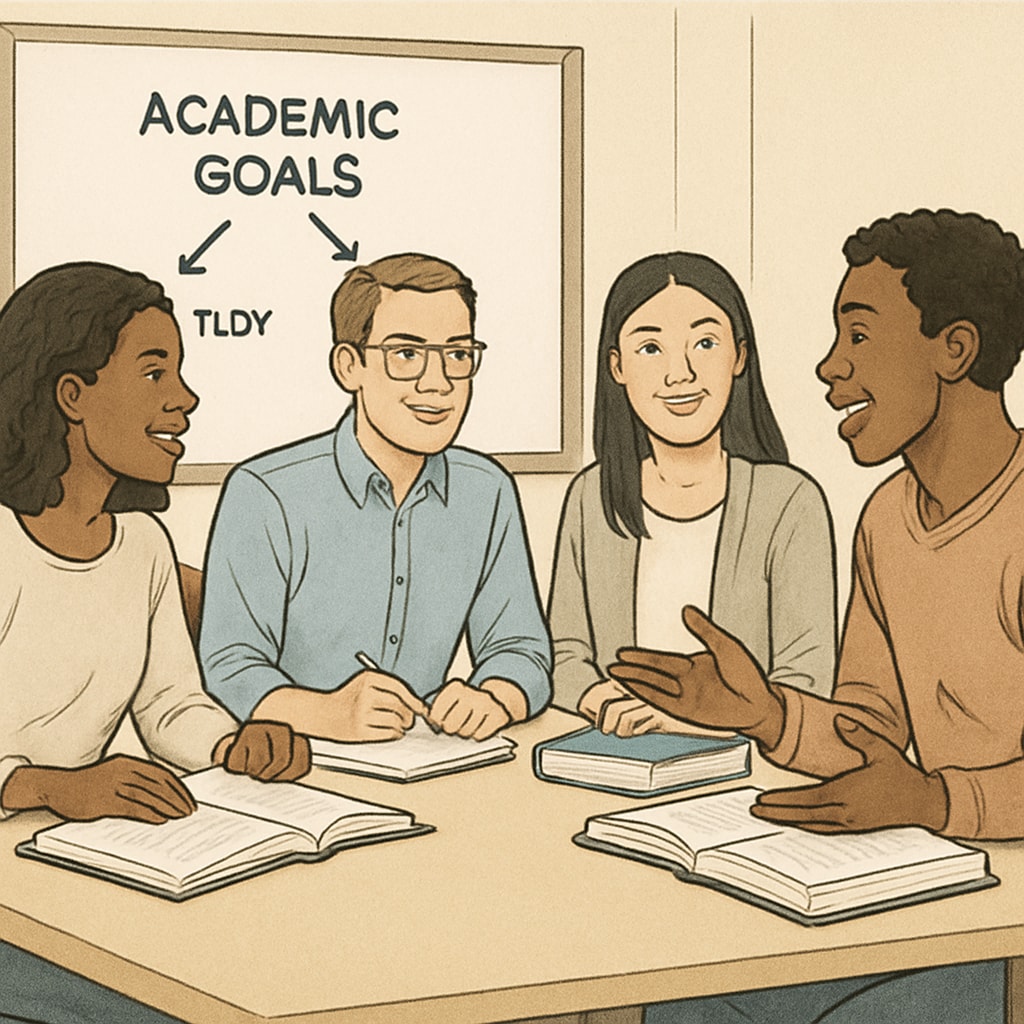When applying to prestigious institutions like Harvard University, many students worry that a low score in one subject could jeopardize their chances of admission. However, Harvard’s admissions process, rooted in a holistic review system, evaluates candidates beyond their academic grades alone. This article dives into how Harvard assesses applicants, the role of single subject scores, and practical steps for students to navigate the process with confidence.
Understanding Harvard’s Holistic Admissions Process
Harvard University is renowned for its commitment to holistic admissions, meaning that its selection process considers the “whole person.” While academic performance—often measured by GPA, class rank, and standardized test scores—is a critical factor, it is not the sole determinant of success. Instead, Harvard seeks candidates who demonstrate intellectual curiosity, leadership, resilience, and a passion for contributing to their community.
Harvard’s admissions officers evaluate applicants in multiple areas:
- Academics: A rigorous course load and strong overall grades show preparedness for Harvard’s demanding curriculum.
- Extracurriculars: Leadership roles and long-term commitments highlight a student’s interests and impact outside the classroom.
- Personal Essays: Essays provide insight into a student’s character, values, and experiences.
- Recommendations: Letters from teachers and mentors offer third-party perspectives on the applicant’s strengths.
As a result, a single low score in one subject does not automatically disqualify a student. Admissions officers are trained to look at the broader context and assess how the student has demonstrated growth and resilience despite challenges.

Does a Low Score in One Subject Matter?
While a low score in one subject might catch an admissions officer’s attention, it is rarely the sole reason for rejection. For example, a student excelling in humanities but struggling in advanced calculus can still demonstrate their academic potential through other achievements. The key lies in showing a clear pattern of improvement or compensating strengths in other areas.
Harvard understands that students are not perfect and that occasional academic struggles are part of the learning process. What matters more is how students address these challenges. Did they seek extra help? Did they demonstrate grit and determination to improve? These qualities can turn a perceived weakness into an opportunity to showcase personal growth.
For students concerned about a low grade, here are some proactive strategies:
- Contextualize the Score: Use essays or interviews to explain any extenuating circumstances behind the low score.
- Highlight Strengths: Emphasize other academic achievements, such as AP courses, awards, or research projects.
- Focus on Improvement: Show a clear upward trend in grades or skill mastery over time.
Practical Takeaways for Aspiring Harvard Applicants
For students aiming to overcome the fear of a single low score, there are several actionable steps to reinforce their applications:
- Develop a cohesive narrative that highlights your unique strengths and interests.
- Demonstrate intellectual curiosity through extracurriculars, competitions, or independent projects.
- Leverage recommendation letters to attest to your growth and character.
- Practice self-reflection and articulate your goals in personal essays.
In addition, remember that admissions officers are looking for authenticity. Instead of trying to “check all the boxes,” focus on presenting a genuine picture of who you are and how you might contribute to Harvard’s community.

Harvard’s admissions process is complex, but it is designed to find students who will thrive in its challenging academic environment and contribute meaningfully to society. By understanding how holistic review works, students can build confidence and focus on what truly matters: their personal and academic growth.
Readability guidance: This article uses concise paragraphs, transitional phrases, and bulleted lists to enhance clarity and engagement. The tone remains professional, while maintaining accessibility for high school and college-level readers.


